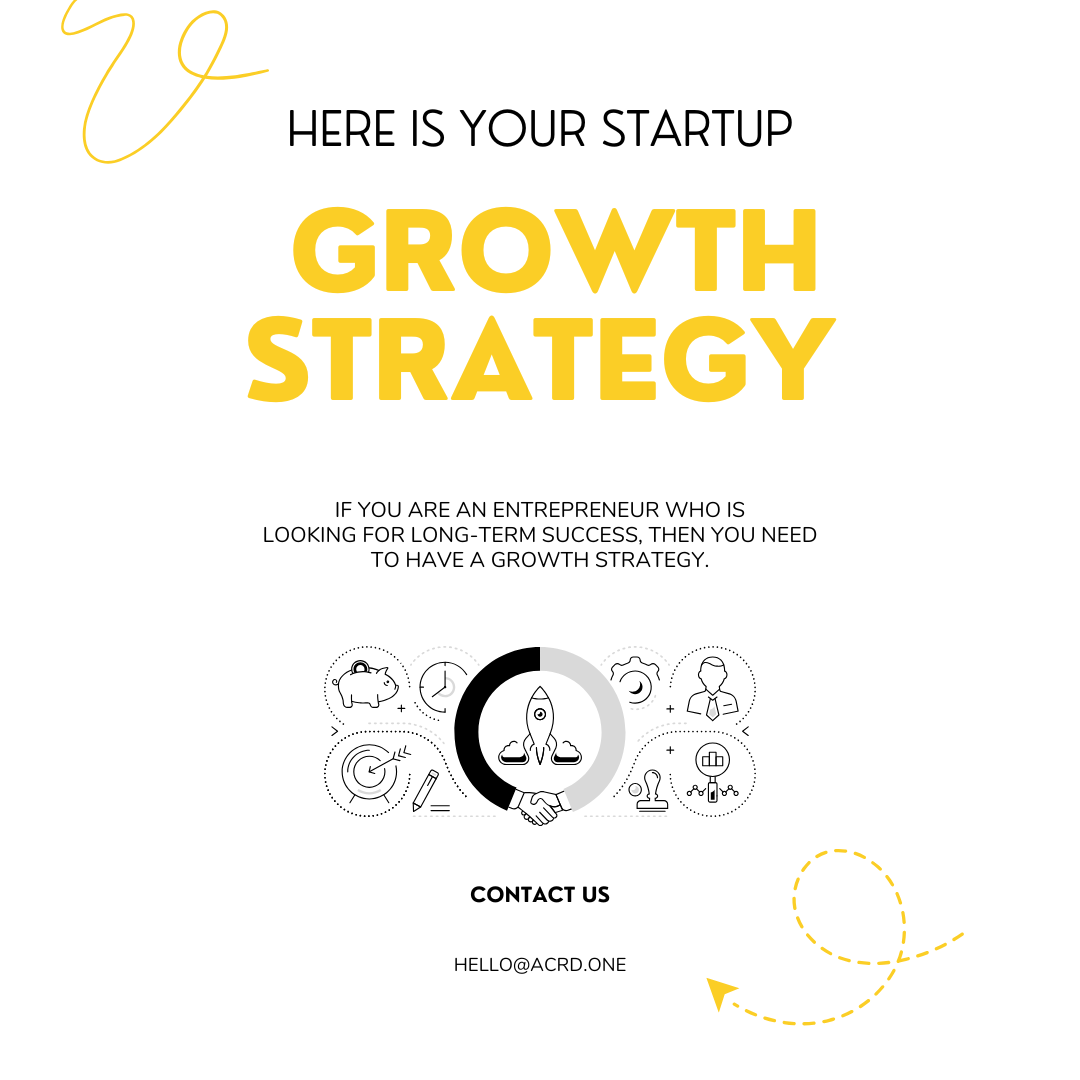In today’s competitive market, providing an exceptional customer experience (CX) is no longer optional; it’s a necessity. Customer Experience Optimization (CXO) focuses on understanding and improving every interaction customers have with your business. For businesses in Mangalore and Bangalore, optimizing customer experience can lead to increased satisfaction, stronger brand loyalty, and higher revenues.
This article dives into the importance of CX optimization, strategies to implement it effectively, and actionable tips to help businesses create memorable experiences for their customers.
What is Customer Experience Optimization?
Customer Experience Optimization is the process of analyzing and enhancing every touchpoint in the customer journey, ensuring that interactions are smooth, personalized, and aligned with customer expectations.
Key elements of CX optimization include:
- Customer Journey Mapping: Identifying all the steps a customer takes from awareness to post-purchase.
- Feedback Mechanisms: Collecting and acting on customer feedback.
- Personalization: Tailoring experiences based on customer preferences and behavior.
- Efficient Support: Ensuring that customer service is prompt and helpful.
Technical Tip: Use tools like Hotjar or Crazy Egg to track customer behavior on your website and identify friction points in their journey.
Why CX Optimization Matters for Businesses in Mangalore and Bangalore
Enhancing customer experience is vital for businesses in these bustling cities to thrive in competitive markets.
- Increased Customer Retention: Happy customers are more likely to return, reducing churn rates.
- Enhanced Word-of-Mouth Marketing: Satisfied customers often share their positive experiences with others, boosting your brand reputation.
- Higher Revenue: Improved CX leads to higher customer lifetime value (CLV) and repeat purchases.
- Competitive Advantage: Offering a seamless experience sets you apart from competitors.
Technical Tip: Utilize Net Promoter Score (NPS) surveys to gauge customer satisfaction and identify areas for improvement.
Effective Strategies for CX Optimization
A. Understand Your Customers
The first step to optimizing CX is knowing your customers. Conduct surveys, focus groups, and interviews to gather insights about their needs, preferences, and pain points.
Actionable Idea: Use AI-driven analytics tools like Google Analytics 4 to understand customer behavior and trends.
Create a Customer-Centric Culture
Ensure that customer satisfaction is a priority at every level of your organization. Train your employees to deliver exceptional service and empower them to resolve issues quickly.
Actionable Idea: Develop a reward system for employees based on customer satisfaction metrics to encourage a CX-first mindset.
Personalize the Customer Journey
Tailor your offerings and communication to individual customer preferences. Use data-driven insights to recommend products, send personalized messages, and provide relevant solutions.
Technical Tip: Leverage CRM platforms like Salesforce or Zoho CRM for managing customer data and automating personalized interactions.
Streamline Digital Experiences
Ensure that your website, mobile app, and other digital touchpoints are user-friendly and responsive. Simplify navigation, reduce load times, and offer seamless payment options.
Actionable Idea: Implement live chat features or chatbots to address customer queries in real-time.
Collect and Act on Feedback
Customer feedback is a goldmine for identifying improvement areas. Use online surveys, social media polls, and review platforms to gather opinions.
Technical Tip: Use tools like SurveyMonkey or Qualtrics to collect structured feedback efficiently.
Metrics to Measure Customer Experience Success
To ensure your CX optimization strategies are effective, track the following metrics:
- Customer Satisfaction Score (CSAT): Measures how satisfied customers are with your services.
- Net Promoter Score (NPS): Indicates how likely customers are to recommend your business.
- Customer Effort Score (CES): Assesses the ease of customer interactions with your brand.
- Retention Rate: Tracks the percentage of customers who return over time.
- Customer Lifetime Value (CLV): Calculates the total revenue a customer is expected to generate during their lifetime with your business.
Technical Tip: Use dashboards from tools like Zendesk or HubSpot to visualize these metrics and track performance over time.
Localized CX Optimization for Mangalore and Bangalore
Incorporate regional preferences and cultural nuances into your CX strategies. For instance:
- Language Preferences: Offer customer support in local languages like Kannada, Tulu, or Hindi.
- Community Engagement: Participate in local events or sponsor regional initiatives to build trust.
- Localized Marketing Campaigns: Tailor your promotions to reflect regional festivals or themes.
Actionable Idea: Create loyalty programs with region-specific rewards, such as discounts on local products or services.
Conclusion
Customer Experience Optimization is a powerful tool for driving business growth. By understanding your customers, personalizing their journeys, and addressing their pain points, you can create lasting relationships that translate into loyalty and higher revenues. For businesses in Mangalore and Bangalore, prioritizing CX is the key to thriving in these competitive markets.
Call-to-Action:
Enhance your customer experience with expert guidance from ACRD.one. Contact us today for tailored solutions to boost customer satisfaction and retention in Mangalore and Bangalore.
Categories:
- Business Consulting and Growth
- Customer Experience Optimization
Tags:
customer experience, CX optimization, customer satisfaction, customer loyalty, personalized experiences, feedback collection, customer retention, Mangalore businesses, Bangalore businesses, digital experience, CRM tools, CX metrics, user-friendly design, regional marketing


